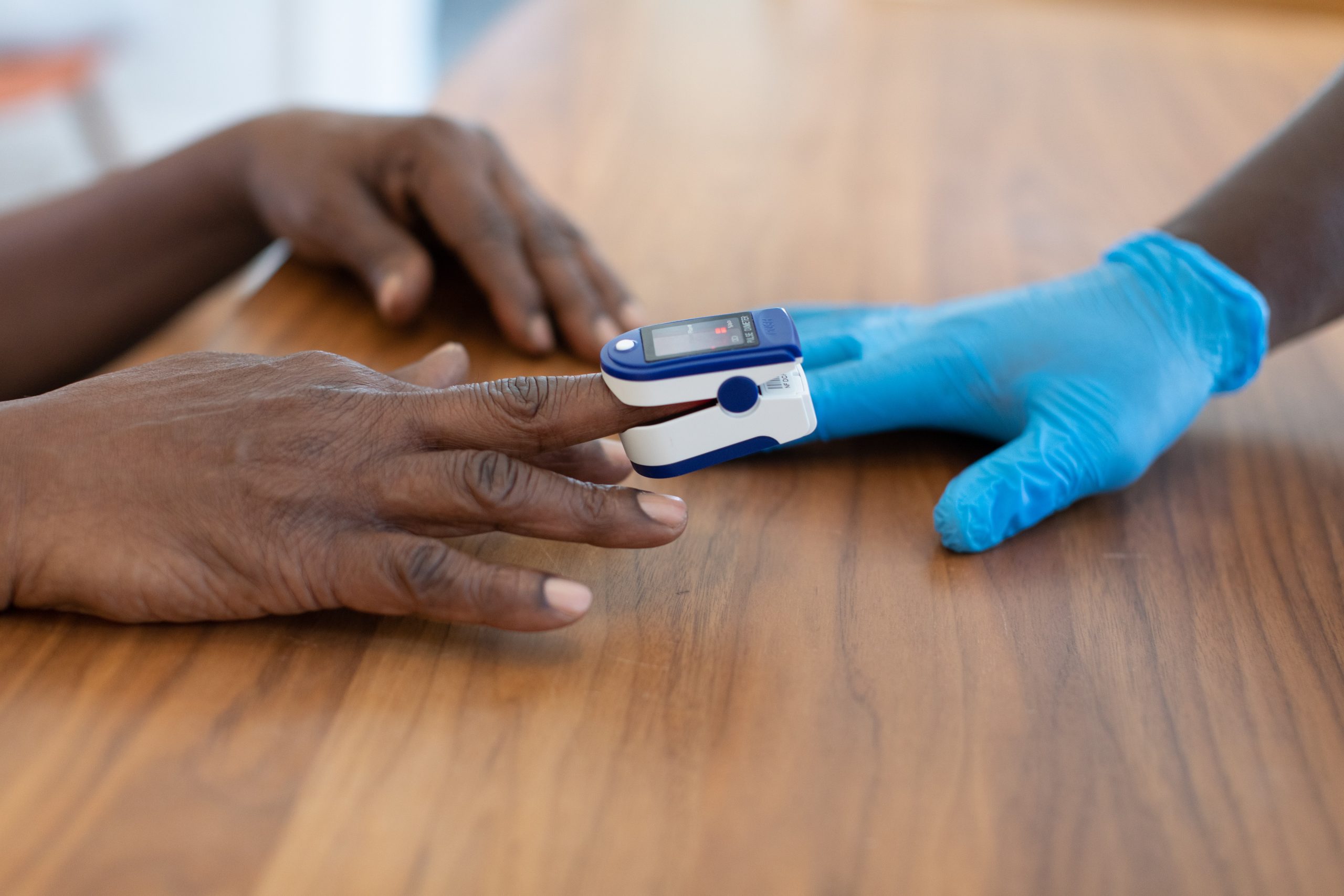
Equitable Innovation
Racial and ethnic minorities needing medical care will enter sites of care and experience harm from biased medical technologies and interventions. Biases persist across the health innovation ecosystem with drugs, diagnostics, devices, algorithms, and care practices. FAS believes the federal government can play a critical role in correcting bias in technologies and incentivizing future processes for equitable innovation. FAS works to ensure the research and development process is open and fair, looks for ways to support market success for “equitable innovations”, and lifts up new health policy ideas from communities impacted by health inequities.
Integrating AI tools into healthcare has an immense amount of potential to improve patient outcomes, streamline clinical workflows, and reduce errors and bias.
Whole Health is a proven, evidence-based framework that integrates medical care, behavioral health, public health, and community support so that people can live healthier, longer, and more meaningful lives.
Most patient safety challenges are not really captured and there are not enough tools to empower clinicians to improve. Here are four proposals for improving patient safety that are worthy of attention and action.
Shifting the Paradigm on Breastfeeding to Build a Healthier Future for all Americans
Policymakers on both sides of the aisle agree that no baby should ever go hungry, as evidenced by the bipartisan passage of recent breastfeeding legislation and widely supported regulations. However, significant barriers remain.